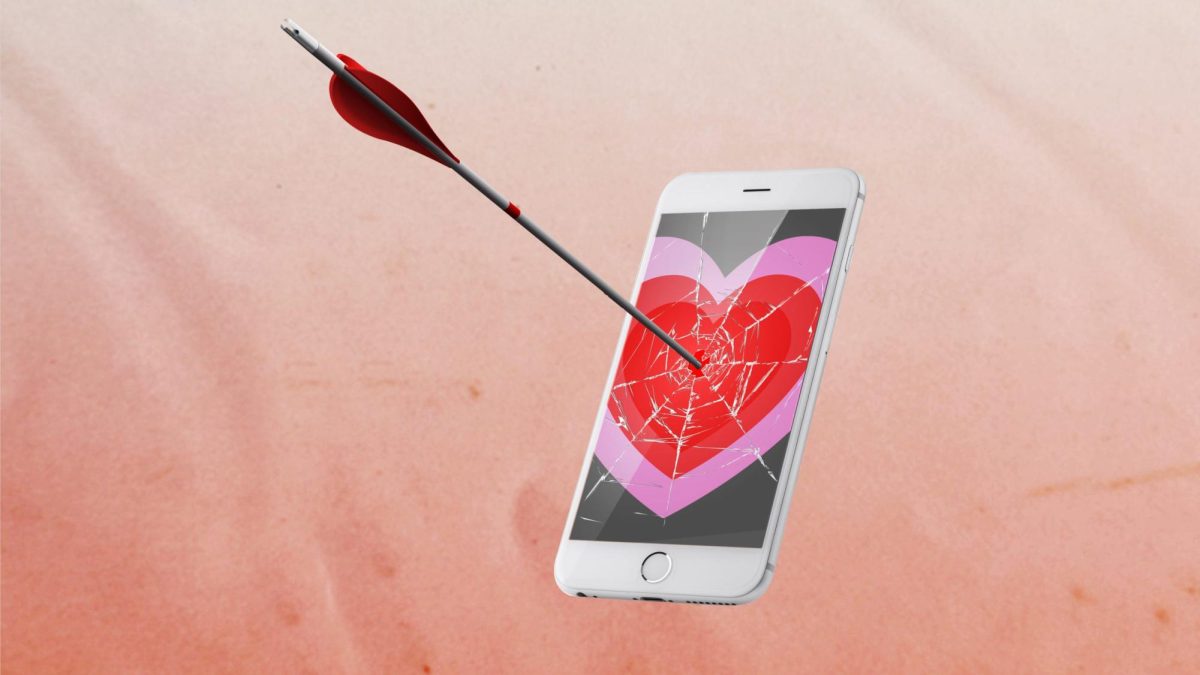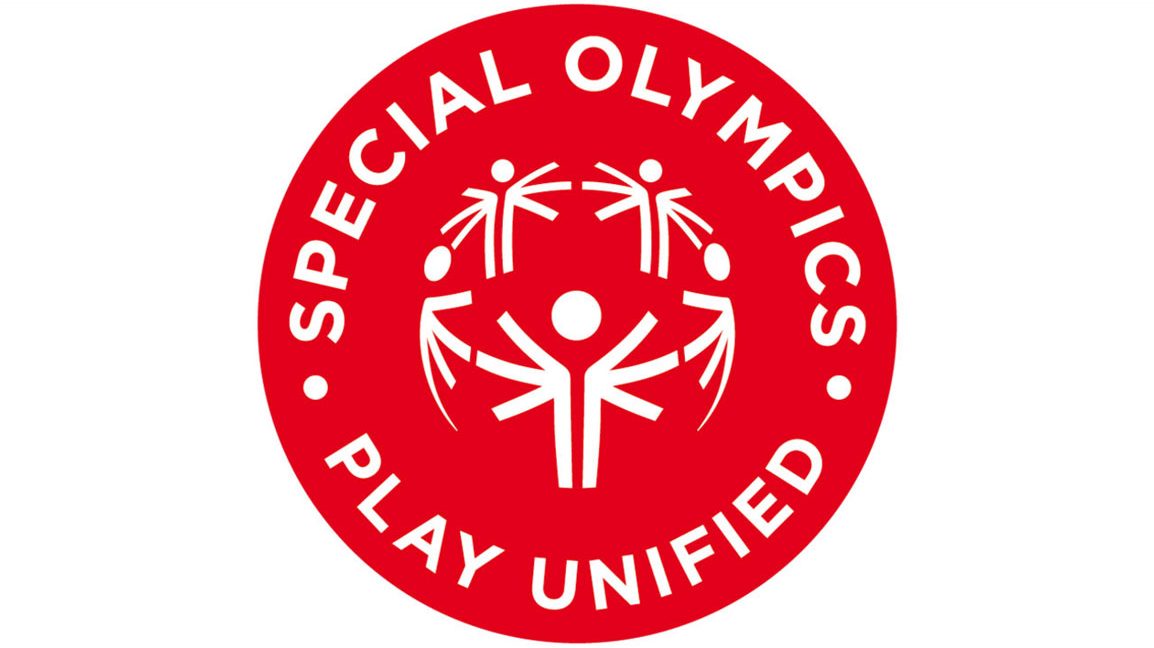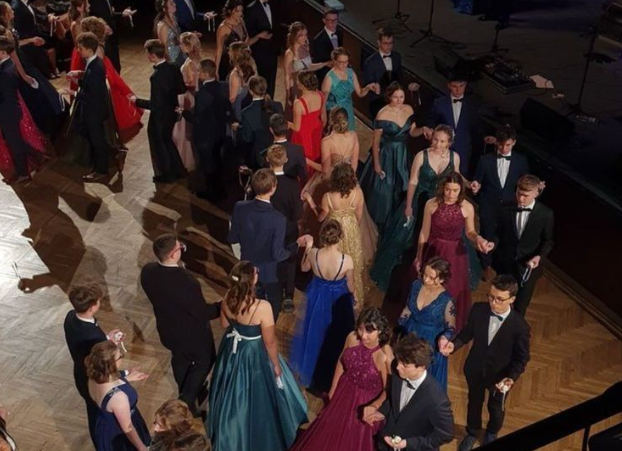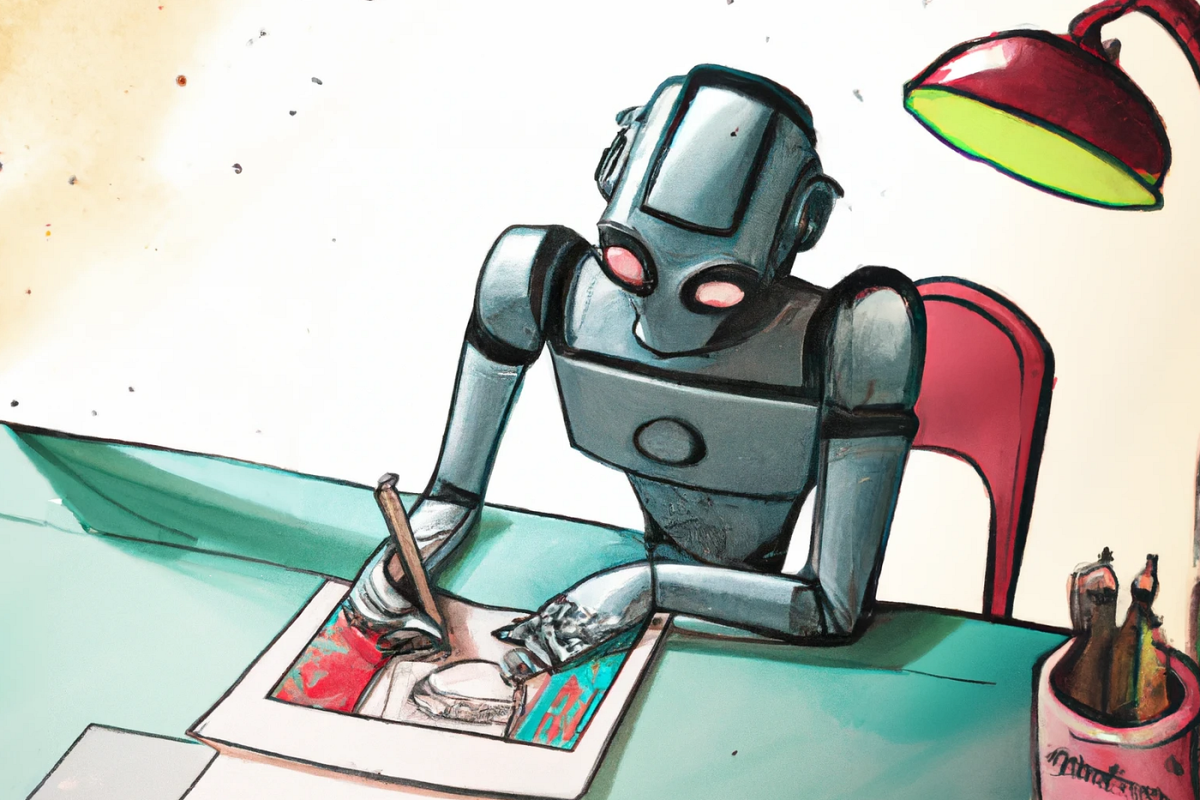Left, left, right, left, right. Swiping has become a familiar motion for many Americans, as they have grown to rely on dating apps for romance. However, these apps have played a central role in the growth of a “hookup culture,” discouraging commitment and leaving thousands feeling lonely and insecure. Since the surge in dating app use, several studies have been done about the potential consequences of them, including both the effects on individual users and the relationships themselves, and the results have not been optimistic.
The main appeal in dating apps lies in the power of choice that users possess, free to reject whomever they please and constantly be on the lookout for “the next best thing.” While this may seem rewarding, it creates what Barry Schwartz, American psychologist and professor at UC Berkeley, has dubbed the “paradox of choice.” This phenomenon explains the addictive nature of dating apps and the reason why users often feel unsatisfied—when we are exposed to many options, we will ultimately be less happy with the final decision. If relationships are formed with this foundation of uncertainty, it will be difficult to create a long lasting bond. Tinder, Bumble, and other dating apps are purposely designed this way, aiming to monetize loneliness and draw in more users.
The paradox of choice does not simply disappear once users enter relationships—in fact, many remain on dating apps for the sake of more options and potentially finding someone better for them. Studies from Business Insider have found that approximately 30% of Tinder users are married, and another 12% are in relationships. The possibilities of something or someone more appealing discourages commitment, as to commit would be to give up the chance of someone smarter, more attractive, or more athletic. As a result, cheating and non committal sex prevail over genuine relationships.
The nature of dating apps is one that places emphasis on physical attractiveness, with users making snap judgements based solely on others’ appearance. With this in mind, people feel as if they need to present a filtered version of themselves in order to make themselves more appealing, and this will result in less genuine and authentic connections. When they receive less matches, it leads to questions about what is wrong with them, damaging confidence. The answer, of course, is that nothing is wrong with them, but rather that something is wrong with the system. Relationships on dating apps begin with objectification, and this is part of the reason that many women on dating apps experience harassment and are sexually assaulted by their so-called “dates.” A space that promotes objectifying others and judging appearances is not one where solid relationships form. People are not items on a shopping list, but are distinct personalities—a view that swiping erases.
In order to encourage the pattern of swiping based on attractiveness, the algorithm of dating apps is designed so that more liked profiles appear on users’ feeds more often. The users who are not swiped on receive less matches as a result, creating insecurities, and the users who are swiped on will experience a variety of choices, adding to the paradox of choice. According to dating app statistics, there are double the amount of men on dating apps than women, but even so, women only swipe right about 30% of the time. The men that are frequently swiped on tend to avoid commitment as they know they have many options, which propels the cycle of a hookup culture that promotes flings and quick relationships without any emotional depth.
For the users that are looking for serious relationships with marriage as the end goal, dating apps are far from the means to achieve this. With online dating discouraging commitment and emotional matchings, the best way to achieve romance may be to turn to more traditional methods—meeting others in person or through friends and family. In the digital age, it’s more important than ever to be able to form genuine connections through in person communication, but it’s unfortunately a skill that we have started to lose. If more singles began to prioritize social interaction as the path to a healthy and romantic relationship, they would be more likely to find the commitment and loyalty they seek. Ultimately, it’s up to us—will we let the digital world dictate our relationships, or will we forge long lasting connections on our own?






